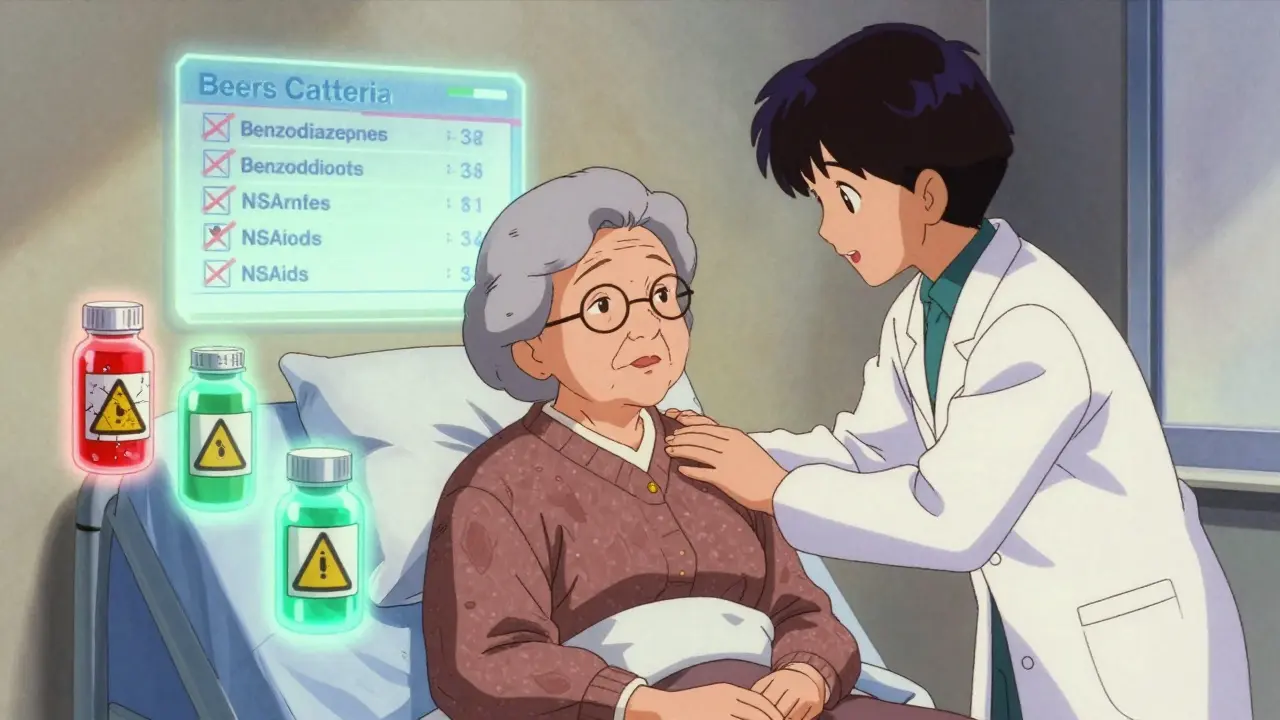Health & Wellness: Simple Tips, Safe Meds, and Everyday Remedies
Keeping yourself in good shape doesn’t have to be a mystery. Whether you’re dealing with a minor bug, looking for a better way to manage blood pressure, or curious about the next big supplement, the right info can make a big difference. Below you’ll find practical advice you can use right now, plus pointers on buying medication online without getting scammed.
Quick Wins for Everyday Health
Start with the basics: drink enough water, aim for 7‑8 hours of sleep, and move a little each day. A short walk after meals can settle your gut and lift your mood. If you’re fighting an intestinal or vaginal infection, simple things like probiotic yogurt, a warm sit‑z bath, and staying hydrated often do more good than pricey over‑the‑counter pills. Remember to stop if you see worsening symptoms and get a doctor’s opinion.
Safe Ways to Get Medication and Supplements Online
Buying meds online feels convenient, but you have to be careful. Look for pharmacies that require a prescription, show a valid license, and have clear contact info. Websites that sell generic Depakote in the UK, for example, must follow the PPP rules; if they skip the prescription step, the deal is risky. The same goes for brand‑name meds like Avapro, Betapace, or Prochlorperazine – always verify the source before you click ‘buy.’
When it comes to supplements, kratom sparked a lot of buzz in 2025. It’s marketed as a natural boost, but you still need to check legality in your country and read third‑party lab results. If a product claims to cure everything or doesn’t list ingredients, walk away. Choosing a reputable brand with transparent testing is the safest bet.
For common prescriptions like Benazepril, Ivermectol, or Prandin, pricing can vary a lot. Compare a few legit sites, factor in shipping, and see if your insurance covers a part of the cost. Many online pharmacies also offer discount codes for first‑time buyers – that’s where you can shave off a few dollars without compromising safety.
Home remedies still have a place. A pinch of salt in warm water can ease a sore throat, while a dab of over‑the‑counter tinidazole cream helps with certain skin infections. Just remember that antibiotics like tinidazole should only be used when a doctor says it’s necessary; overuse can create resistance.
If you’re dealing with chronic conditions such as high blood pressure or angina, medications like Procardia or Lonitab have specific side‑effect profiles. Read the label, follow dosing instructions, and keep an eye on how you feel. Any new dizziness, swelling, or severe headache should prompt a call to your pharmacist or doctor.
Lastly, mental health matters, especially for serious diagnoses like chromosome‑positive lymphoblastic leukemia. Support groups, counseling, and simple stress‑relief tricks – deep breathing, short walks, talking to friends – can make a tough journey a bit easier. You don’t have to face it alone.
Stick to these practical steps: stay hydrated, sleep well, move a bit, verify online pharmacies, and choose supplements wisely. Your health and wellness plan will feel less overwhelming and more doable. Keep this page handy and refer back whenever you need a quick refresher on safe, everyday health choices.

- 6 Comments
Learn how to talk to your doctor about staying on a brand-name medication when generics don't work for you. Get practical tips, evidence-based reasons, and steps to fight insurance denials.

- 5 Comments
Endometriosis and interstitial cystitis cause similar pelvic pain, but their treatments differ drastically. Learn how to tell them apart, why misdiagnosis is common, and what steps to take for accurate diagnosis and lasting relief.

- 11 Comments
FDA Therapeutic Equivalency (TE) codes determine whether generic drugs can legally be substituted for brand-name drugs. These codes, published in the Orange Book, are enforced by state laws and impact millions of prescriptions annually.

- 12 Comments
Geriatric medication safety is critical as older adults face higher risks of adverse drug events. Learn how the Beers Criteria and new alternatives help prevent harmful prescribing, reduce hospitalizations, and improve care for seniors.

- 14 Comments
Learn how to prevent accidental poisonings in young children by locking up medications, using proper dosing tools, and avoiding common household hazards. Expert-backed strategies reduce risk by up to 82%.

- 14 Comments
Generics play a crucial role in controlling rising global healthcare costs. With healthcare spending projected to reach $5.6 trillion in the US by 2025, generic drugs offset expensive new medications. Regional data shows varying cost trends, from North America's 8.7% growth to Asia Pacific's 12.3%. Over 55 countries rely on out-of-pocket payments, making generics vital for access. Learn how this balance impacts healthcare worldwide.

- 13 Comments
REM Sleep Behavior Disorder (RBD) involves acting out dreams during sleep, risking injury. Diagnosed via polysomnography. Treatments: melatonin (65%) and clonazepam (85%). Up to 73.5% progress to Parkinson's. Safety tips covered.

- 14 Comments
Learn practical, evidence-based ways to keep taking your medication during life changes like moving, divorce, or job loss. Discover how flexible routines, psychological tools, and simple planning can prevent adherence breakdowns under stress.

- 10 Comments
Metformin and alcohol together can trigger lactic acidosis-a rare but deadly condition. Learn the real risks, symptoms to watch for, and what doctors actually recommend if you have type 2 diabetes.

- 10 Comments
Calibration and validation ensure equipment delivers accurate, reliable measurements in manufacturing. Learn how ISO 13485, FDA, and CLIA requirements shape your process-and how to avoid costly compliance failures.

- 14 Comments
Polypharmacy in elderly patients-taking five or more medications-increases risks of falls, confusion, and hospitalization. Learn how deprescribing, medication reviews, and patient advocacy can improve safety and quality of life for seniors.

- 0 Comments
Paragraph IV certifications let generic drug makers challenge brand-name patents before launch, speeding up access to affordable medicines. Learn how the Hatch-Waxman Act enables this system and why it saves billions.